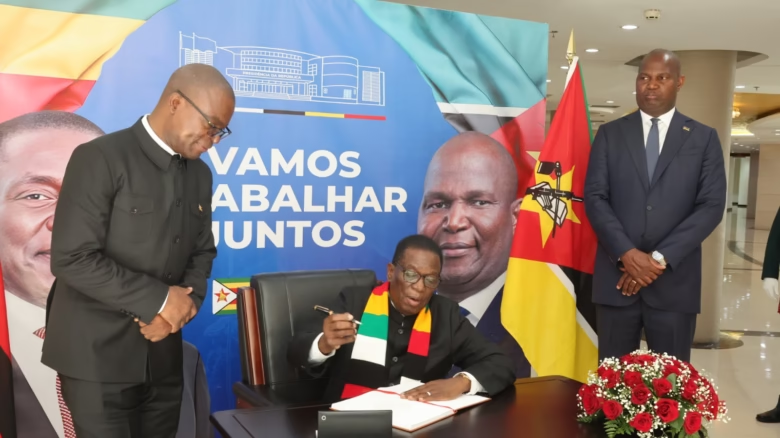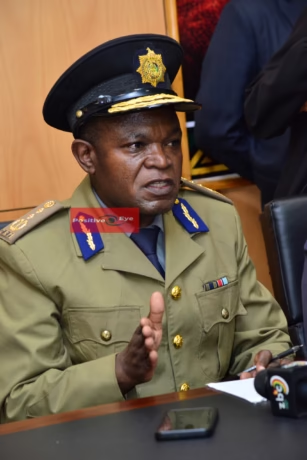
Beijing has once again become the heartbeat of a global conversation on women, equality and progress. Thirty years after the world gathered in the same city to adopt the landmark Beijing Declaration and Platform for Action, leaders have returned to reflect, to renew promises and to reignite a vision where no woman is left behind.
Under the theme “One Shared Future, New and Accelerated Process for Women’s All-Round Development,” gender champions, ministers and global advocates have assembled to measure the journey travelled since 1995, a journey marked by triumphs, trials and the unbroken spirit of women who continue to shape history in silence and in strength.
Welcoming the delegates, China’s President Xi Jinping reminded the world that the advancement of women is not an isolated dream but a shared responsibility. He said the modernisation of nations must include and uplift women because their participation is the lifeblood of peace, innovation and sustainable growth.
Representing Zimbabwe, Minister of Women Affairs, Community, Small and Medium Enterprises Development, Senator Monica Mutsvangwa, spoke with conviction and pride. She described Zimbabwe’s progress as the result of deliberate leadership that values the inclusion of women in decision making and nation building.
“In Zimbabwe, we have made significant progress towards gender equality,” she said. “We had a Woman Vice President, today we have women leading as Prosecutor General, Attorney General and Minister of Defence. Young women are serving as Ministers and Deputy Ministers, others lead major corporations, and even the President of the Olympic Committee is a woman from Zimbabwe.”
Senator Mutsvangwa called for renewed courage and accountability among world leaders, urging bold, measurable action that turns pledges into change. She reminded the gathering that gender balance is not a luxury, but the foundation for peace, the driver of innovation and the key to a liveable world.
Over the past three decades, Zimbabwe has carried the spirit of the 1995 Beijing Conference with a steady commitment to women’s empowerment. Legislative reforms, leadership training and opportunities for women in politics and business have changed the face of participation. What was once a call for equality has become a visible movement of women shaping national and international discourse.
The Beijing Declaration remains the cornerstone of that transformation. Adopted by more than 180 countries, it continues to guide the global pursuit of equality across education, health, economic empowerment and the fight against gender based violence.
As the anniversary gathering unfolds in Beijing, it is more than a commemoration, it is a collective reminder that women’s progress defines the world’s progress.
For Zimbabwe, the message resounds with clarity, equality is not a slogan, it is a lived expression of freedom, dignity and shared destiny, one that continues to be written by the hands of women who rise, lead and transform.




